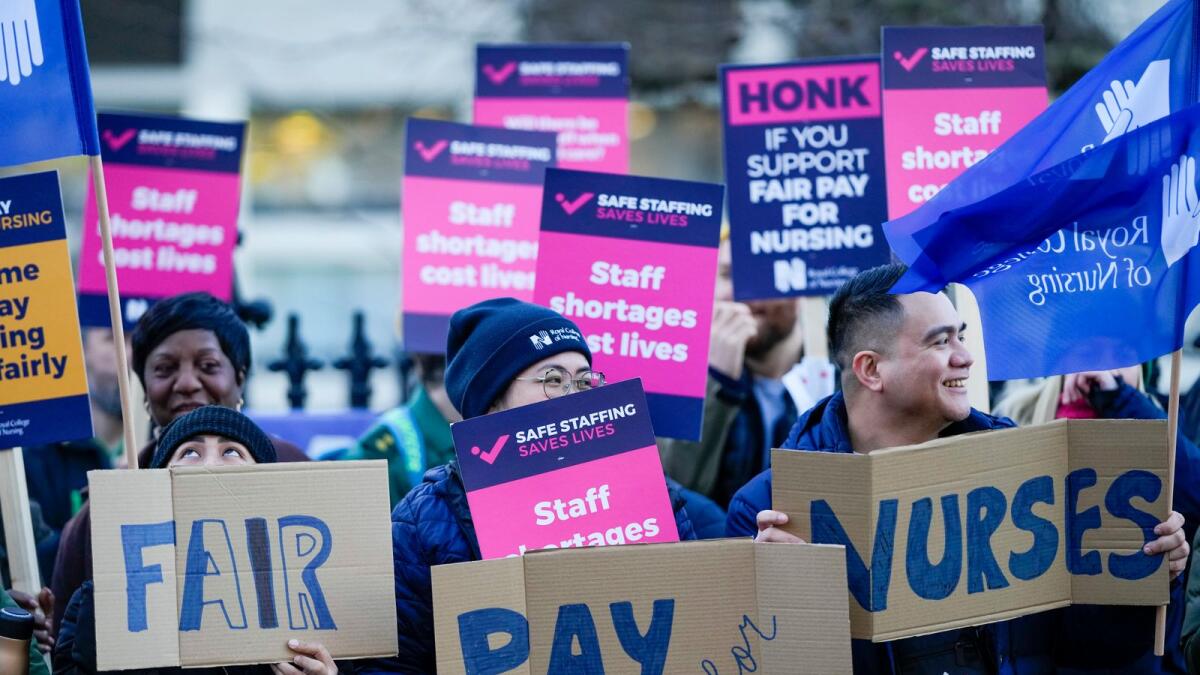The new British finance minister Rachel Reeves is considering giving inflation-busting pay increases to nearly 2 million government employees. This move aims to prevent potential public sector strikes that could cripple essential services. Two pay review bodies have recommended a 5.5% wage rise for 460,000 teachers and 1.4 million National Health Service staff. Reeves emphasized the importance of public service workers and highlighted the costs associated with prolonged battles with unions, which can hamper government efforts to improve public services. The Labour Party, which recently won a majority in the general election, has pledged to prioritize national renewal after years of Conservative-led governments.
Labour’s pre-election promises ruled out increases in income tax, corporation tax, and value-added tax, limiting the government’s spending options. The estimated cost of pay rises for teachers and certain NHS staff is around 3 billion pounds, according to the Institute for Fiscal Studies, with current inflation in Britain standing at 2%. Reeves, as Britain’s first female finance minister, stressed the need to ensure that any pay rises granted to public sector workers above inflation are financially feasible. To approve these raises, the government may need to consider raising taxes, increasing borrowing, or reducing spending in other areas.
Reeves plans to announce her proposals for public sector pay deals and reveal the budget’s date before the end of the month. She acknowledged the challenges of balancing the budget while meeting the demands of public sector workers. The government’s actions could impact its ability to recruit and retain essential workers in schools, hospitals, and law enforcement agencies. Reeves hopes to avoid further industrial action by valuing the contributions of public service workers and addressing their pay concerns in a sustainable manner. The decision to approve inflation-busting pay increases for government employees will depend on the government’s willingness to make financial adjustments to accommodate the additional costs.








